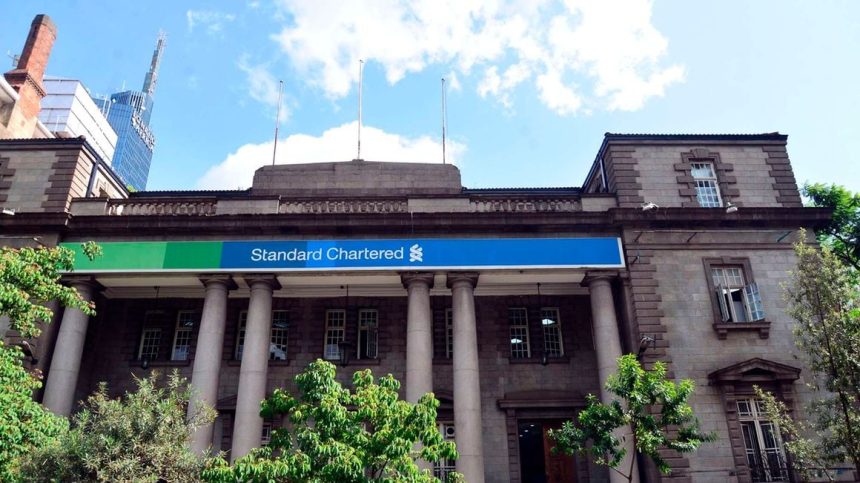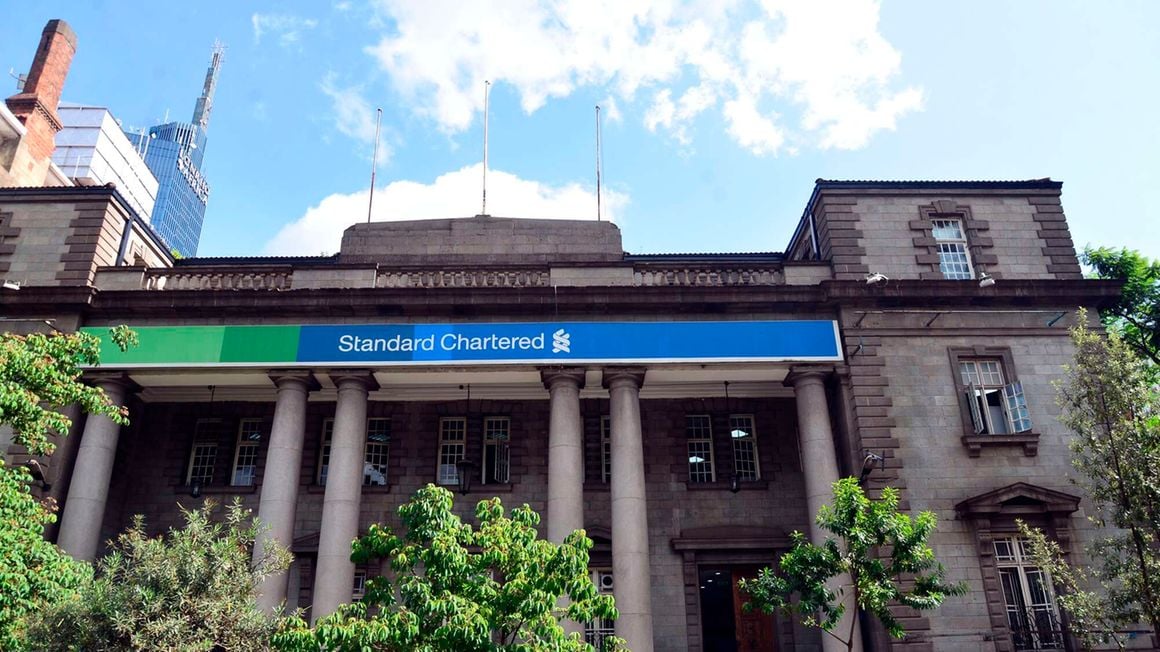StanChart Bank plans to escalate a three-decade dispute with its customer to the Supreme Court arguing that an earlier ruling by the Court of Appeal has created confusion on how lenders should discharge securities used to obtain a loan.
The bank informed a bench of three judges on Monday that the practice has been that until an asset used as collateral on a loan is discharged, it is a continuing security.
However, in a decision last December, the court held that the securities given by Galot Industries for a loan obtained by a sister company — Manchester Outfitters Ltd— in 1982, were discharged when the loan was converted into local currency.
“The decision of this honourable court, in this case, creates uncertainty and is contradictory to the earlier decisions of this honourable court. It is, therefore, not only a matter of general public importance but transcends the interests of parties to this case,” Senior counsel George Oraro for the lender told Justices Mohammed Warsame, Kathurima M’Inoti and John Mativo.
The court was informed that King Woolen Mills Ltd, which was initially known as Manchester Outfitters Ltd, borrowed a loan of 1,300,000 Deutsche marks and 1,050,000 Swiss francs in 1982 and charged some property belonging to Galot Industries Ltd.
The loan was converted to local currency in 1986. According to the firm, a new agreement was created, hence the lender did not have the right to appoint receivers.
Mr Oraro for the lender said the court decision created uncertainty in the financial sector, requiring the intervention of the Supreme Court.
He said the law applied by the court from as far as 1978 has been that a party may not retain money or a benefit, which is against the conscience that it should keep.
According to Mr Oraro, the company admitted it defaulted on the loan repayment and the lender had the right to appoint receiver managers.
The customer, however, challenged the appointments in the High Court saying the move was made in bad faith.
Lawyer Philip Nyachoti appearing for the clothes maker said the lender has not demonstrated that the matter in question carries specific elements of real public interests and concerns, to justify the Supreme Court’s intervention.
Mr Nyachoti said the finding of the judges did not contradict the law and cases decided by the Court of Appeal.
“Indeed, the issues are not of any special jurisprudential moment since they only touch on the interests and transactions between the parties herein on their private contract and do not, therefore, warrant the intervention of the Supreme Court as by law provide,” he said.
The court was informed that there was no misdirection on the part of the judges and that the matter involves a private contract between the parties and that the new debenture to be created was to be co-shared with another one held by KCB Group.
During the previous hearing, Mr Nyachoti said the appointment of the managers led to the closure of the firm’s business in Athi River as the company suffered losses in terms of machinery, finished goods, spare parts and raw materials such as dyes and chemicals.
The court will rule on the application on October 27.




